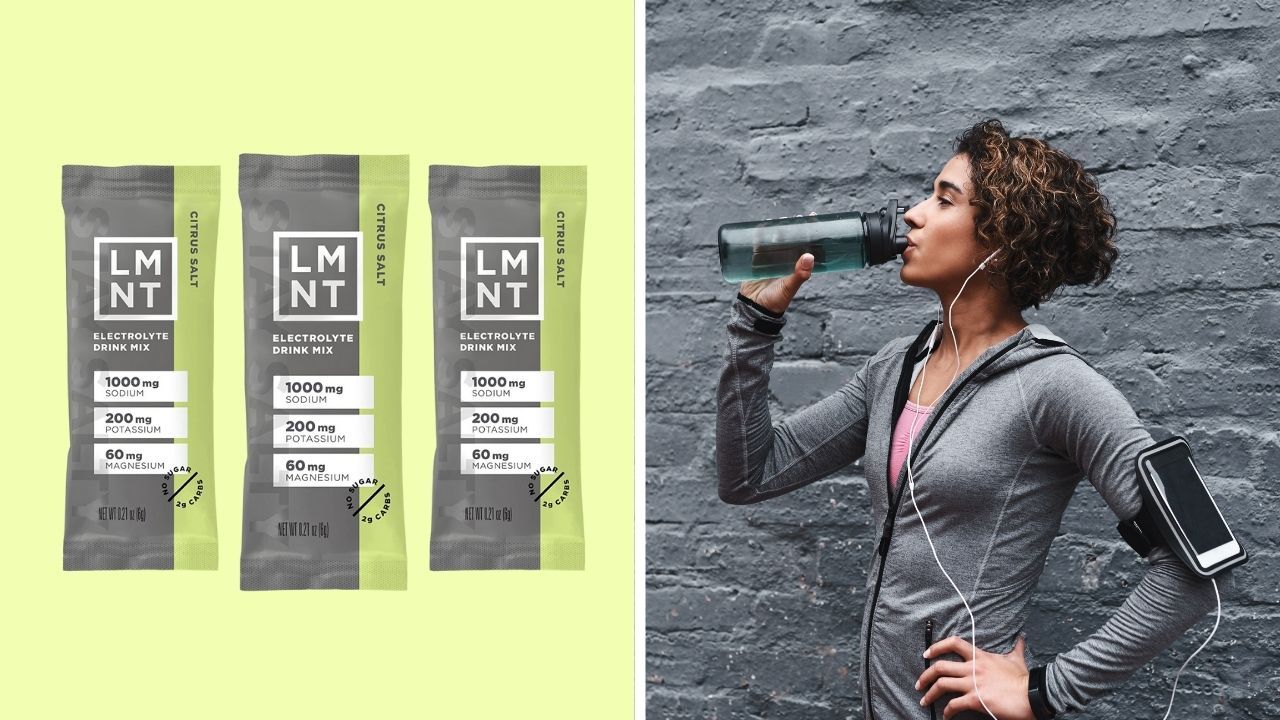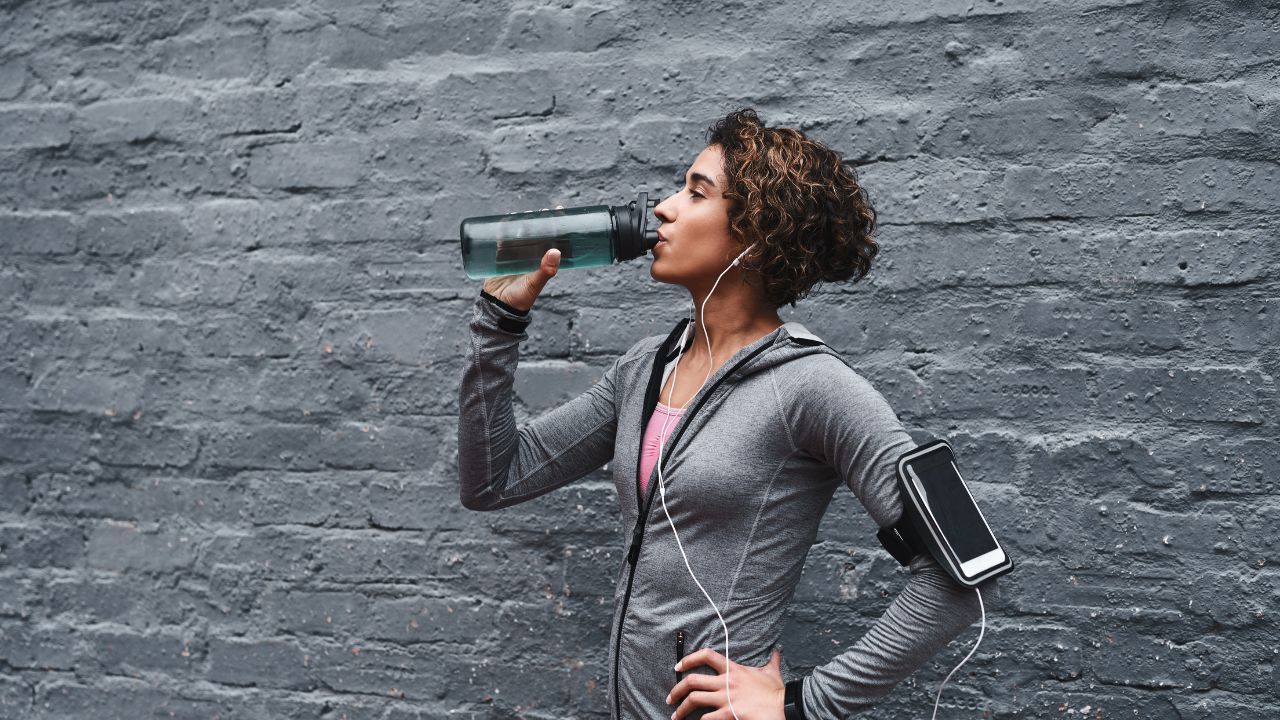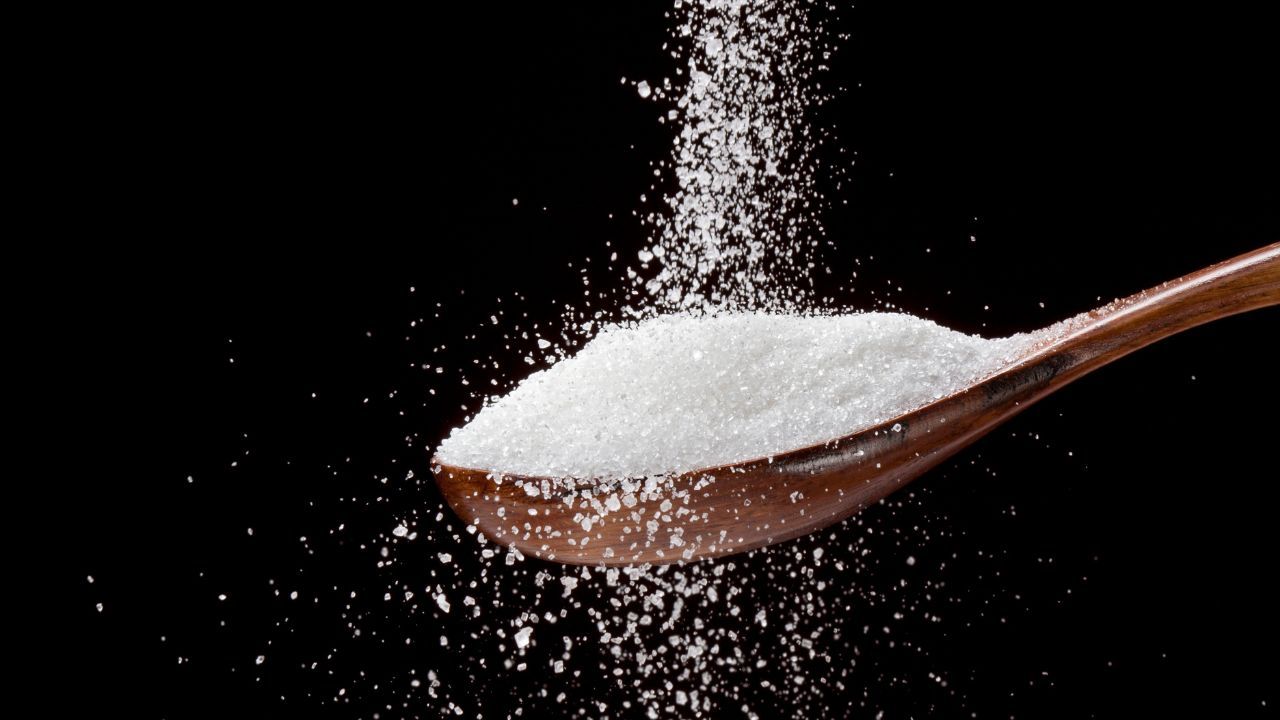
[The Truth] Is Sugar An Electrolyte?
Is Sugar An Electrolyte? Unravel the connection between sugar and electrolyte balance in our latest article.
You've probably heard about electrolytes, especially if you're into sports or health and wellness.
But have you ever wondered about the relationship between sugar and electrolytes?
Understanding this connection is crucial, not just for athletes but for anyone aiming for a balanced and healthy lifestyle. Let's dive in!
Understanding Electrolytes
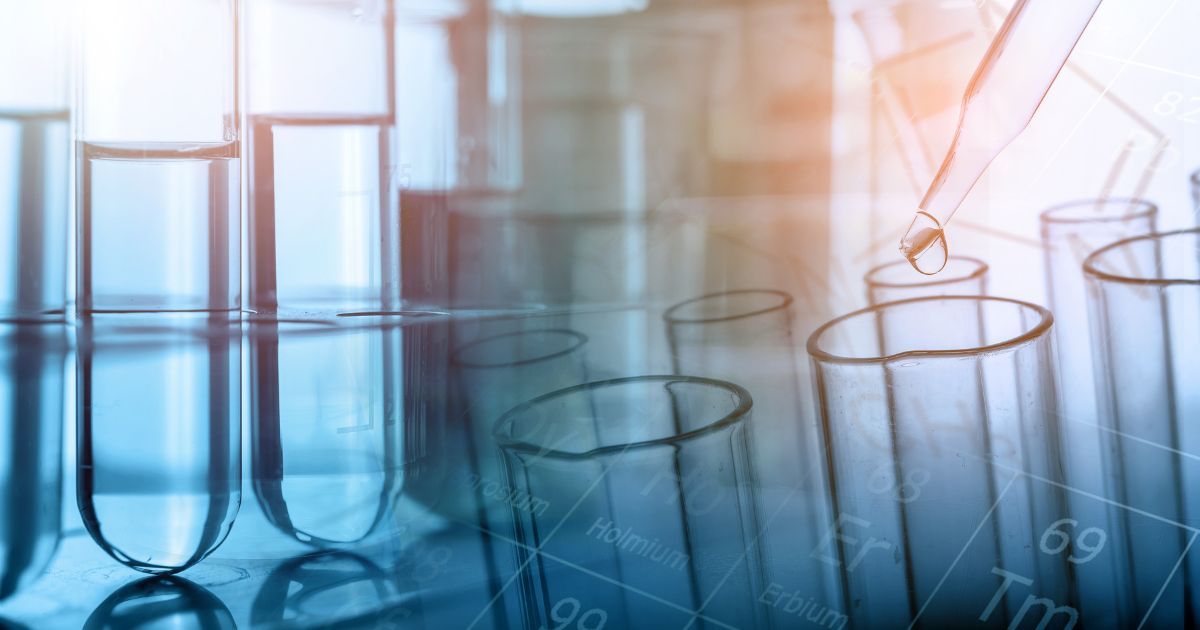
First off, let's define what electrolytes are. Essentially, electrolytes are minerals that carry an electric charge.
They can be found in our blood, urine, tissues, and other body fluids. When these essential minerals dissolve in water, they form electrolytes, which are capable of conducting electricity. This electrical energy is essential for various physiological processes in our bodies.
Some common types of electrolytes include sodium, potassium, calcium, and magnesium. You usually get these vital substances from the foods and drinks you consume.
For instance, bananas are a great source of potassium, while dairy products typically provide calcium.
Role and Importance of Electrolytes in the Body
Electrolytes are crucial for several vital bodily functions:
- Regulating nerve and muscle function: Electrolytes like sodium, potassium, and calcium help transmit signals in the body that enable muscle contractions and nerve function. For example, without the proper balance of these electrolytes, our heart, muscles, and nerve cells cannot function correctly.
- Balancing body's pH levels: Our bodies strive to maintain a slightly alkaline pH balance. Electrolytes, specifically bicarbonate ions, help neutralize acids in our body, thus helping maintain this balance.
- Hydrating the body: Electrolytes, especially sodium and potassium, help regulate the amount of water in our bodies. They keep us hydrated by balancing the fluid inside and outside our cells.
- Helping in tissue repair: Certain electrolytes like calcium and magnesium play a significant role in repairing and rebuilding damaged tissue.
Common Types of Electrolytes
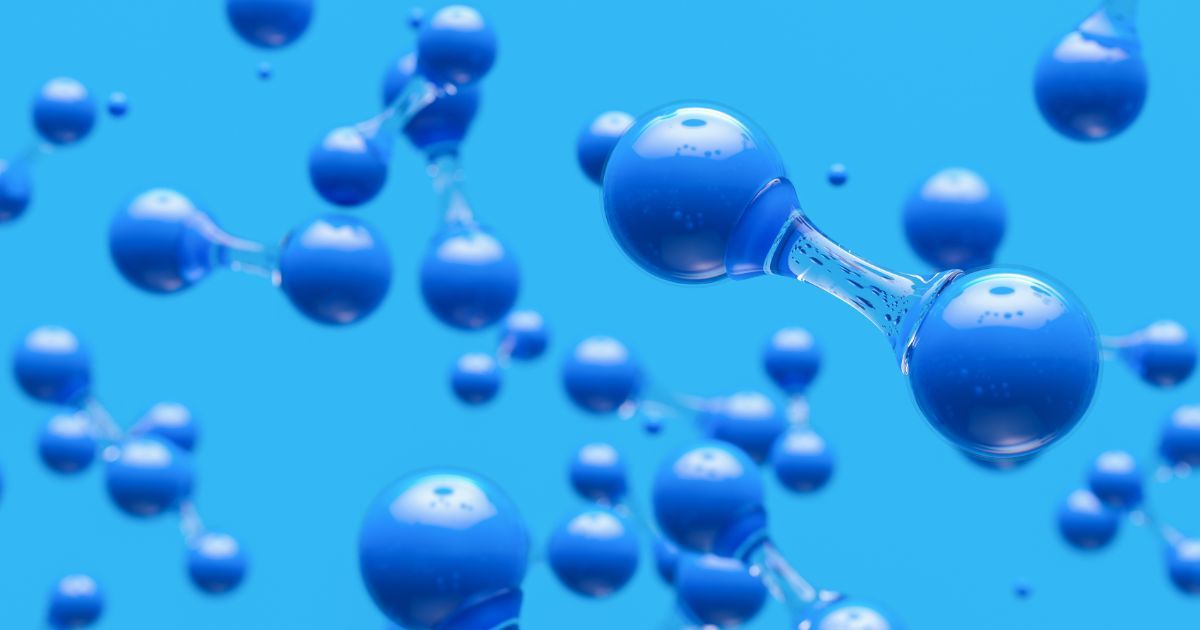
These are some of the most common types of electrolytes and their primary functions in our body:
- Sodium: Helps maintain fluid balance and is essential for muscle and nerve function.
- Potassium: Crucial for heart and digestive function. It also plays a key role in maintaining proper muscle contractions.
- Calcium: Apart from being vital for bone health, calcium aids in nerve transmission and muscle function.
- Magnesium: Important in various bodily processes such as muscle and nerve function regulation, controlling blood sugar levels, and blood pressure.
- Phosphate: Along with calcium, phosphate helps in building strong bones and teeth. It is also needed for repairing cells and tissues.
- Bicarbonate: Primarily responsible for maintaining the body's pH balance.
Is Sugar an Electrolyte?
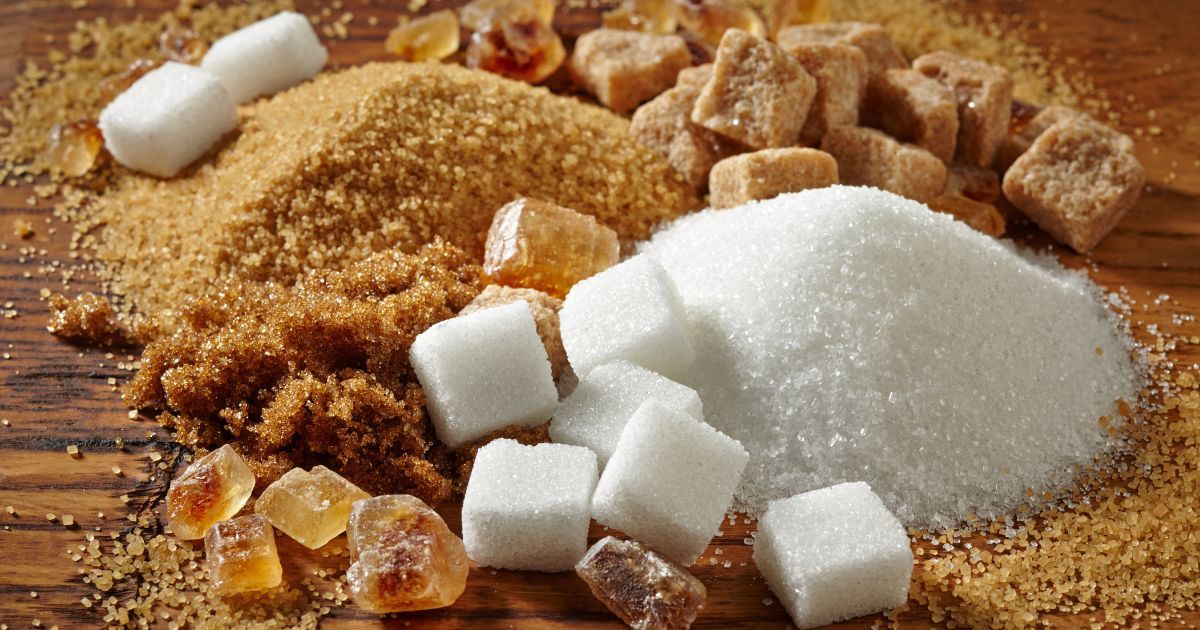
Now, on to the big question: is sugar an electrolyte? Well, technically, no. Sugar, specifically glucose, doesn't bear an electric charge and thus can't be classified as an electrolyte.
When sugar dissolves in water, it does not dissociate into ions, which is a characteristic feature of electrolytes. Ions are atoms or molecules that have lost or gained electrons and hence carry an electric charge.
However, it does play a significant role in the absorption of electrolytes in the body.
When you consume a drink with both sugar and electrolytes (like a sports drink), the sugar can aid in faster absorption of electrolytes in your small intestine. This is particularly useful during intense physical activities when your body needs rapid rehydration.
The Role of Sugar in Electrolyte Drinks
You may have noticed that many sports drinks on the market contain sugar. This isn't just for taste; there's science behind it. As mentioned earlier, sugar can enhance the absorption of electrolytes, making these drinks effective for quick rehydration.
Moreover, the sugar in these drinks provides a quick source of energy, which can be beneficial during prolonged physical activity.
So, moderation is key when consuming electrolyte drinks with sugar.
Electrolyte Drinks Without Sugar: Do They Work?
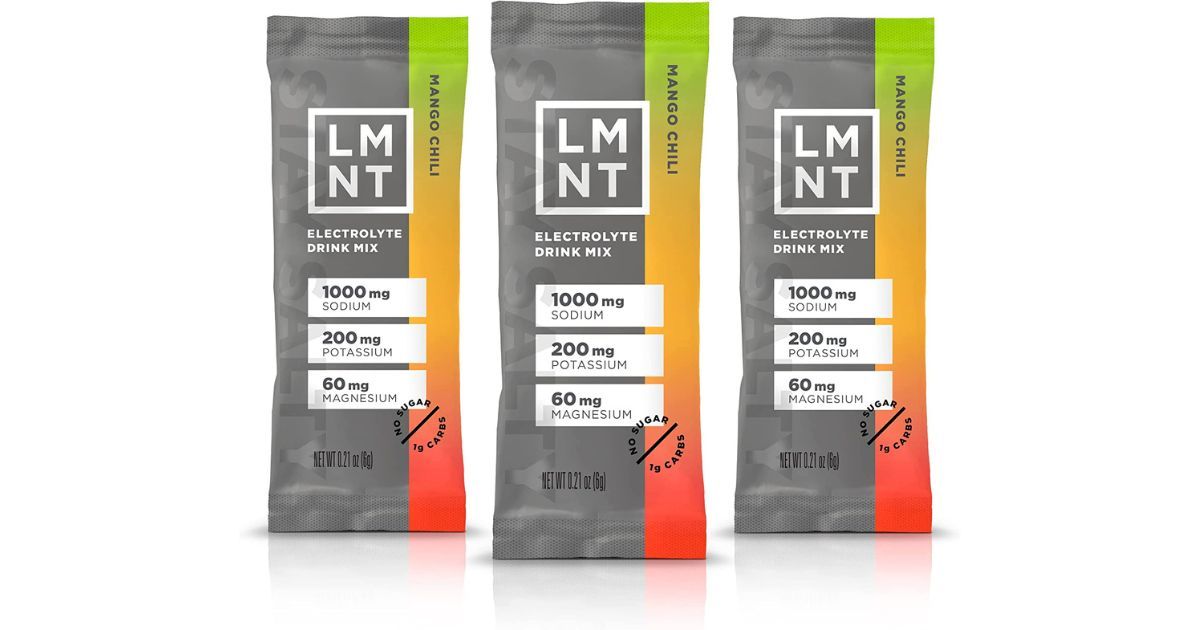
Now, what about an electrolyte drink without sugar? Do they still do the job? Absolutely!
There are sugar-free alternatives on the market that can effectively restore electrolyte balance without the added calories.
Research indicates that sugar-free electrolyte drinks can still hydrate effectively, although they may not provide the same immediate energy boost as their sugary counterparts.
This makes them a suitable option for those who are watching their sugar intake or are on a low-carb or keto diet.
However, it's worth noting that some sugar-free drinks use artificial sweeteners, which can have their own set of health implications. As always, it's best to read labels and make informed choices about what you're putting into your body.
FAQs
Q: Are electrolytes salt or sugar?
Electrolytes are neither salt nor sugar. They are minerals that carry an electric charge, such as sodium, potassium, calcium, and magnesium.
However, salts, when dissolved in water, break down into ions and become electrolytes. For example, table salt (sodium chloride) dissolves into sodium and chloride ions, both of which are electrolytes.
On the other hand, sugar is not an electrolyte because it does not dissociate into ions when dissolved in water. Yet, it plays a significant role in the absorption of electrolytes in the body, particularly sodium, via a process known as active transport.
Q: Why isn't sugar an electrolyte?
Sugar isn't an electrolyte because it doesn't carry an electric charge. However, it aids in the absorption of electrolytes in the body.
Q: Why is sugar in electrolyte drinks?
Sugar is in electrolyte drinks because it enhances electrolyte absorption and provides a quick source of energy.
Q: Should electrolyte drinks have sugar?
The inclusion of sugar in electrolyte drinks depends on individual needs. While sugar can aid in quicker electrolyte absorption and provide immediate energy, excessive intake can lead to health issues. Sugar-free electrolyte drinks can still effectively restore electrolyte balance.
Q: Is it possible to get electrolytes by consuming electrolyte-rich foods or drinks?
Most individuals can obtain enough electrolytes through their balanced diet and may not require electrolyte supplements. However, those who sweat excessively or are ill may need to consider using an electrolyte replacement drink.
Q: What are the signs of an electrolyte deficiency?
Electrolyte deficiency, or imbalance, can cause symptoms such as muscle cramping, fatigue, nausea, confusion, irregular heartbeat, changes in blood pressure, dizziness, mood changes, digestive issues, and excessive thirst or urination. If these symptoms are present, it's important to seek medical attention for proper diagnosis and treatment.
Bottom Line
So, let's recap. While sugar isn't technically an electrolyte, it plays a significant role in the absorption of electrolytes in the body.
Electrolyte drinks often contain sugar not just for taste, but to enhance electrolyte absorption and provide a quick energy boost. However, sugar-free electrolyte drinks can still effectively restore electrolyte balance and hydrate the body.
Understanding the relationship between sugar and electrolytes can guide you in making informed decisions about proper hydration, especially if you're engaged in physical activities or trying to manage your sugar intake.
Recommended For You...
